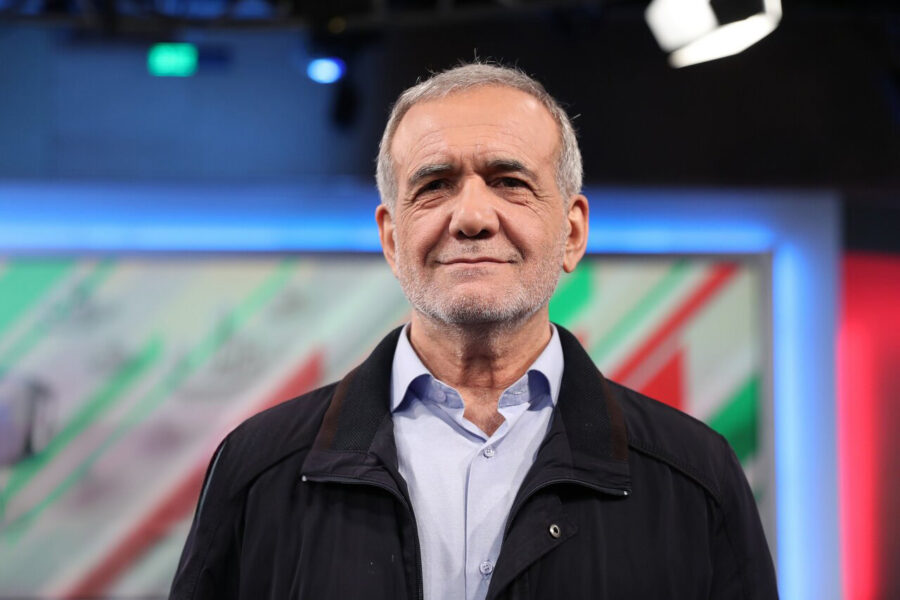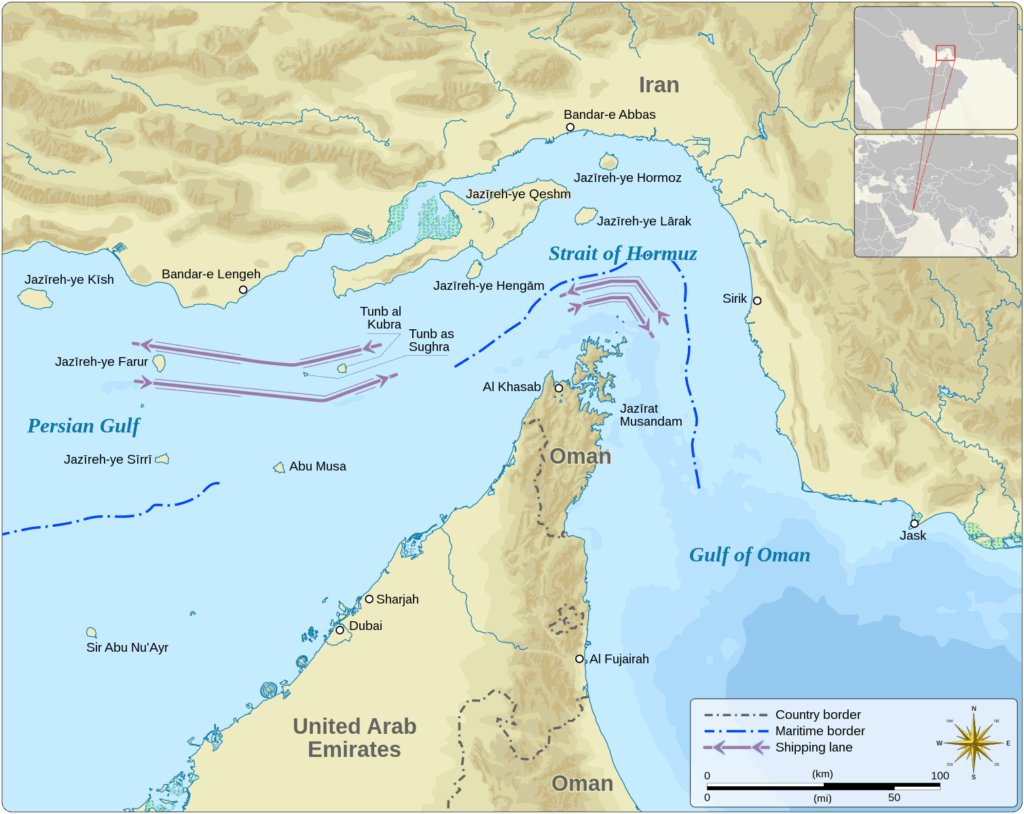Politics
JUST IN: Iranian Parliament Votes To Blockade The Strait Of Hormuz

The Iranian parliament voted on Sunday to close the vital Strait of Hormuz, through which around 20 percent of oil and gas demand flows. Iran’s Supreme National Security Council will now decide whether to finalize the decision, which would represent a significant escalation in the conflict.
The narrow waterway connects the Persian Gulf to both the Gulf of Oman and the Arabian Sea, and is located between Iran to the north and the United Arab Emirates and Oman to the south. It is approximately 21 miles wide at its narrowest point. Major Asian economies, including Japan, South Korea and China, are most reliant on fuel shipments heading through the strait, though any disruption is likely to send energy prices soaring worldwide.
Iran has long threatened to close the Strait of Hormuz in the event of U.S. strikes on its nuclear sites, which were carried out Saturday evening. The decision to close the vital passageway has not yet been made final, though Revolutionary Guards Commander Esmail Kosari told the Young Journalist Club on Sunday that doing so is on the agenda and “will be done whenever necessary,” according to a report from the Jerusalem Post.
As of Sunday morning, Danish shipping giant Maersk announced that its vessels will be continuing with routine voyages through the Strait of Hormuz, but is ready to re-evaluate should the security situation change. “We will continuously monitor the security risk to our specific vessels in the region and are ready to take operational actions as needed,” a company spokesperson said.

The announcement comes a little under 12 hours after the United States launched precision strikes on Iranian nuclear sites at Natanz, Esfahan and Fordow. Roughly 30 Tomahawk missiles launched from submarines decimated the former sites after the Israeli military targeted them earlier in the week, while B-2 bombers dropped bunker busters on the hardened Fordow site.
While speaking at a press conference Sunday morning, Defense Secretary Pete Hegseth stressed that the U.S. has no intention of engaging in a ground war.
This is a developing story.

